
Booking Engines vs. OTAs: Which Should You Rely On?
Every RV resort, campground, or glamping destination faces the same challenge: how do you maximize visibility and bookings without giving away too much margin?
That’s where the debate begins: Booking Engines vs. OTAs (Online Travel Agencies).
OTAs like Hipcamp, Airbnb, and Expedia give you exposure to millions of travelers. But they also take commission fees and limit your control. Booking engines, on the other hand, give you full ownership of the guest relationship — but only if guests can find you in the first place.
The smartest properties don’t choose one over the other. They use both strategically. Here’s how to think about OTAs vs. booking engines — and how to build a hybrid strategy that fills sites without sacrificing profitability.
1. Understanding OTAs: High Visibility, Lower Margins
OTAs (Online Travel Agencies) are third-party platforms where guests can book stays. In outdoor hospitality, common OTAs include Hipcamp, Airbnb, Booking.com, and niche players like Glamping Hub.
📊 Industry Stat: On average, OTA commission fees range from 15–20% per booking.
Pros of OTAs:
- Huge visibility to audiences you may never reach on your own.
- Marketing built-in — OTAs spend millions on advertising.
- Easier discovery for new or small properties.
Cons of OTAs:
- High commission eats into revenue.
- Limited control over branding and guest experience.
- Guest loyalty belongs to the OTA, not you.
Example: Hipcamp has exploded as a discovery tool for unique outdoor stays. Many guests find properties there first — but repeat bookings often go back through Hipcamp instead of directly with the property. That means every repeat guest still costs the owner 15–20%.
2. Booking Engines: Full Control, Direct Profit
A booking engine is software integrated into your own website that allows guests to book directly with you. Popular tools in outdoor hospitality include Campspot, RMS, and Newbook.
Pros of Booking Engines:
- Lower cost — usually a flat monthly fee vs. per-booking commission.
- Full ownership of guest data (emails, preferences, behaviors).
- More opportunities to upsell (firewood, rentals, events).
- Direct relationship builds loyalty.
Cons of Booking Engines:
- No built-in marketing — guests need to find you.
- Requires a strong digital presence (SEO, ads, content).
- Some engines can be clunky if not mobile-optimized.
Example: AutoCamp runs all bookings directly through its website, powered by a seamless booking engine. By owning the process, they keep margins high and maintain a premium brand experience that OTAs can’t replicate.
3. Why a Hybrid Strategy Works Best
The smartest outdoor hospitality operators use OTAs and booking engines together.
Here’s the playbook:
- Use OTAs for visibility and discovery. They’re often the first exposure to new guests.
- Convert those guests to direct bookings for repeat stays through loyalty offers, branded communication, and better guest experience.
📌 Example Strategy:
- Guest finds your safari tent on Hipcamp → books through OTA.
- At check-in, you provide a branded welcome kit with a card: “Book your next stay directly and save 10%.”
- Post-stay, you send a personalized rebooking email with exclusive perks.
Over time, OTAs serve as a top-of-funnel marketing channel, while your booking engine becomes the long-term revenue driver.
4. The Hidden Cost of OTA Dependence
Many campgrounds rely too heavily on OTAs. The problem? You give away control — and margin.
- Reduced pricing power: Guests compare you directly against competitors in the OTA interface.
- Weakened branding: Your unique identity gets flattened into a listing.
- Guest loyalty leakage: Guests return to the OTA, not to you.
Case Example: A glamping property in Oregon relied on Airbnb for 90% of bookings. While occupancy was strong, profit margins were weak. After investing in a modern booking engine and SEO strategy, they shifted 55% of bookings to direct channels within a year — saving thousands in commission fees.
5. Practical Steps to Balance OTAs and Booking Engines
Here’s how to build a smart hybrid approach:
📌 Optimize Your Website + Booking Engine
- Invest in a modern, mobile-first booking engine.
- Reduce friction: 2–3 clicks from homepage to reservation.
- Showcase upsell options (firewood bundles, activity passes).
📌 Use OTAs Strategically
- List only certain units (e.g., yurts, cabins) on OTAs to drive discovery.
- Keep your best or premium units exclusive to direct booking.
- Use OTA guests as leads for future direct bookings.
📌 Convert OTA Guests Into Direct Guests
- Offer loyalty discounts for booking direct next time.
- Collect guest emails during check-in.
- Deliver a superior experience so guests prefer dealing directly with you.
6. The Future: Direct Is King
The outdoor hospitality industry is moving toward direct booking dominance. Why?
- Rising OTA fees.
- Increasing guest desire for direct communication.
- Growing sophistication of campground booking software.
Example: Campspot reports that properties using their booking engine see a 48% lift in direct bookings when paired with SEO and digital ads. The combination reduces reliance on third parties while still allowing OTAs to serve as a discovery tool.
Final Thought
The OTA vs. booking engine debate isn’t about choosing one side. It’s about building a strategy that maximizes exposure without sacrificing profit.
OTAs are powerful for discovery. Booking engines are essential for profitability. Together — used wisely — they can fill your funnel, drive loyalty, and keep your property booked solid.👉 Want help building a hybrid OTA + direct booking strategy that protects your margins? Request a free Booking Audit with Meet at Basecamp.
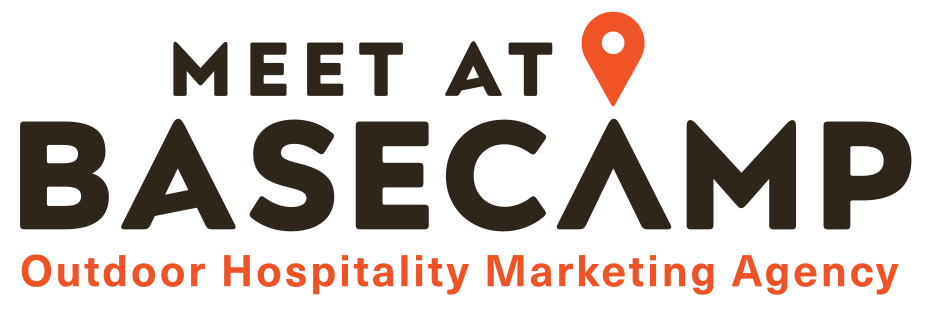
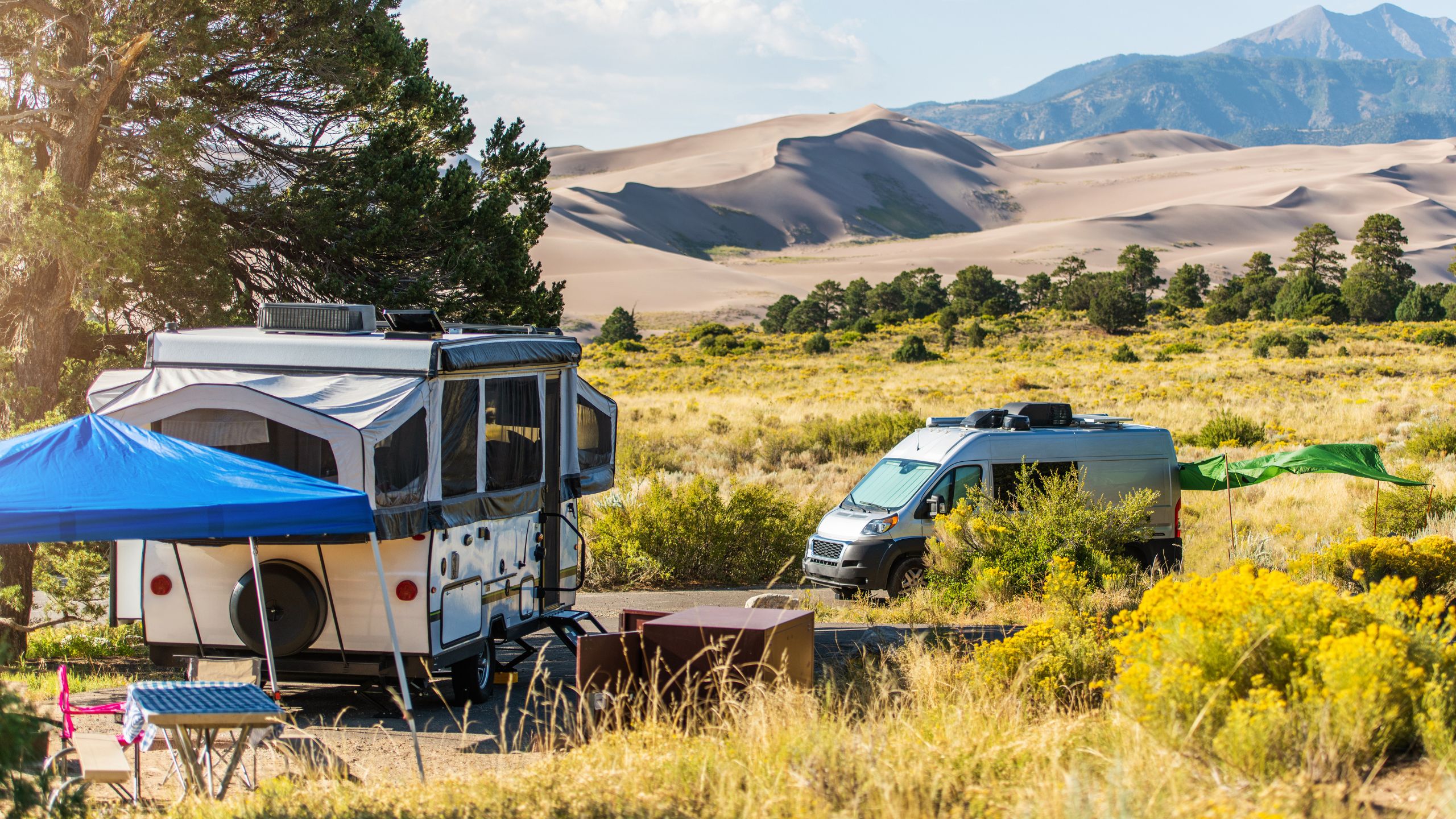
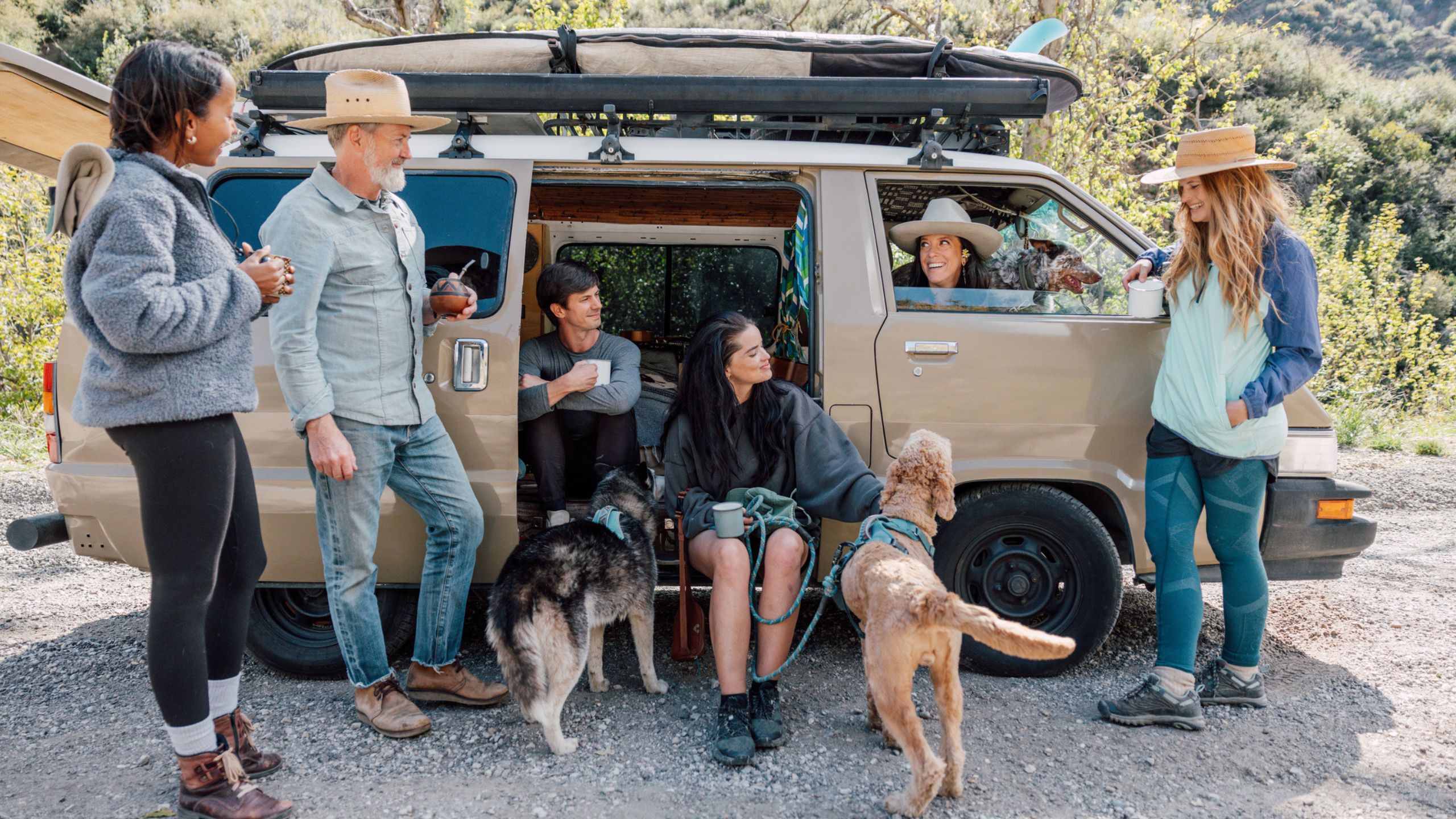
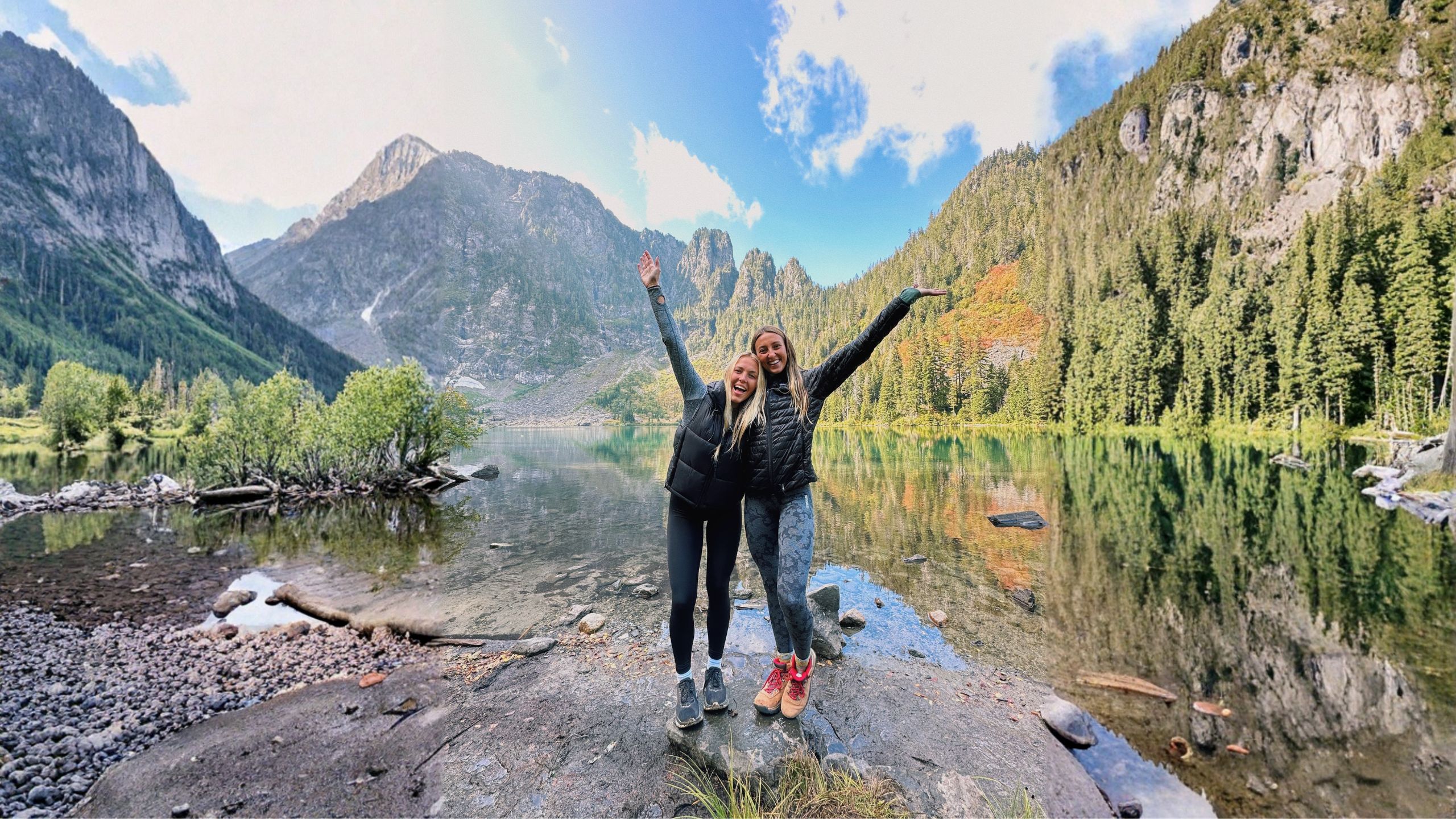
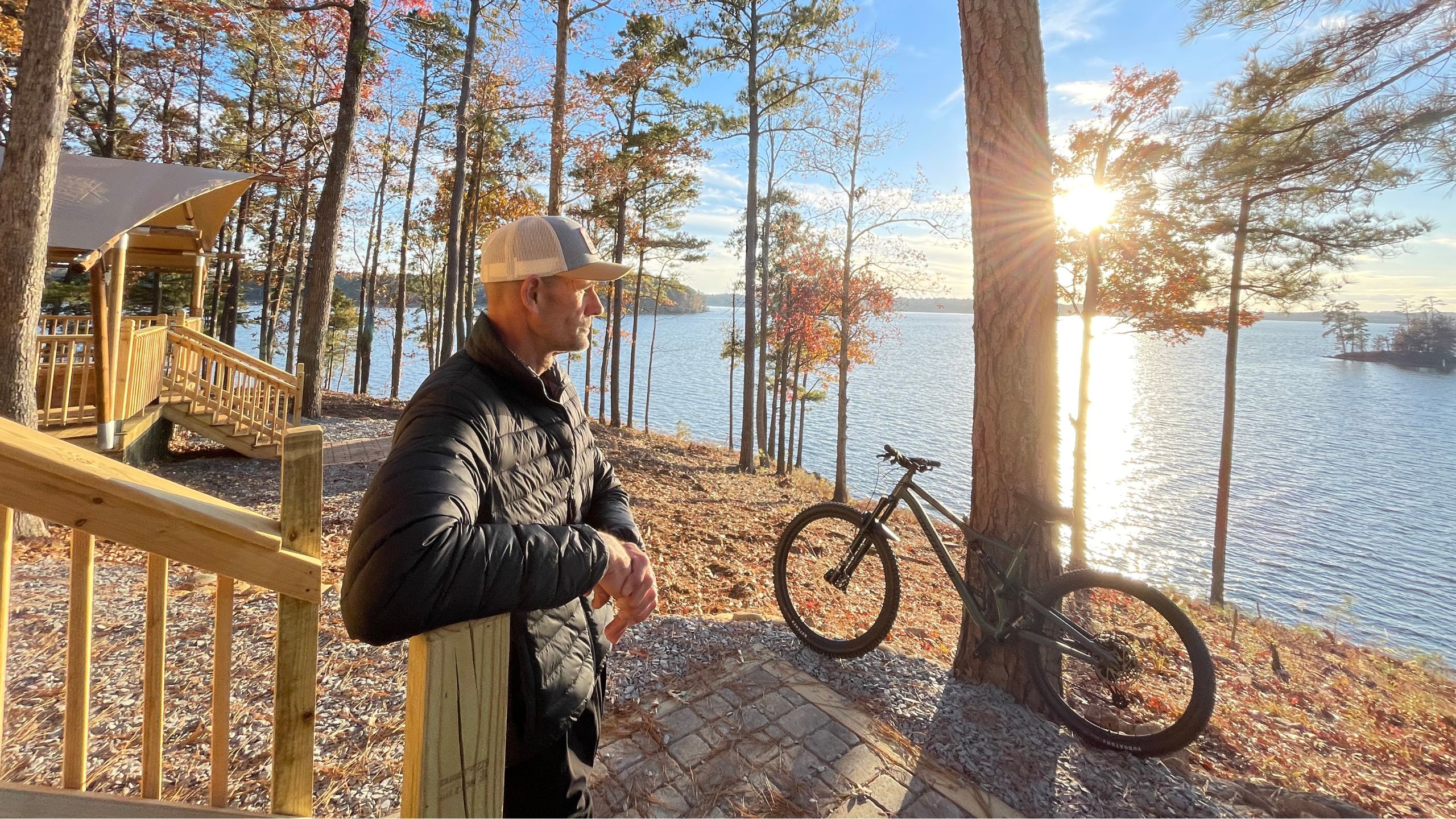
Leave a comment: